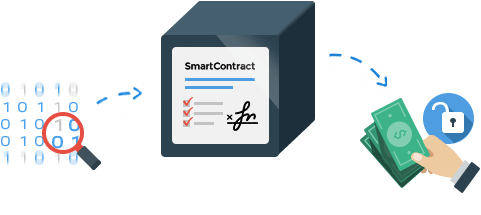Smart Contracts Explained
The Ultimate Guide to Understanding Blockchain Smart Contracts
Smart Contracts are a central component to next-generation blockchain platforms.
Blockchain technology is much broader than just bitcoin. The sustained levels of robust security achieved by public cryptocurrencies have demonstrated to the world that this new wave of blockchain technologies can provide efficiencies and intangible technological benefits very similar to what the internet has done. However, blockchains are a very powerful technology, capable of performing complex operations, capable of understanding much more than just how many bitcoins you have currently have in your digital wallet. This is where the idea of smart contracts come in. Smart contracts are already becoming a cornerstone for enterprise blockchain applications and will likely become one of the pillars of blockchain technology. Below we explore what a smart contract is, how it works, and how it is being used.



